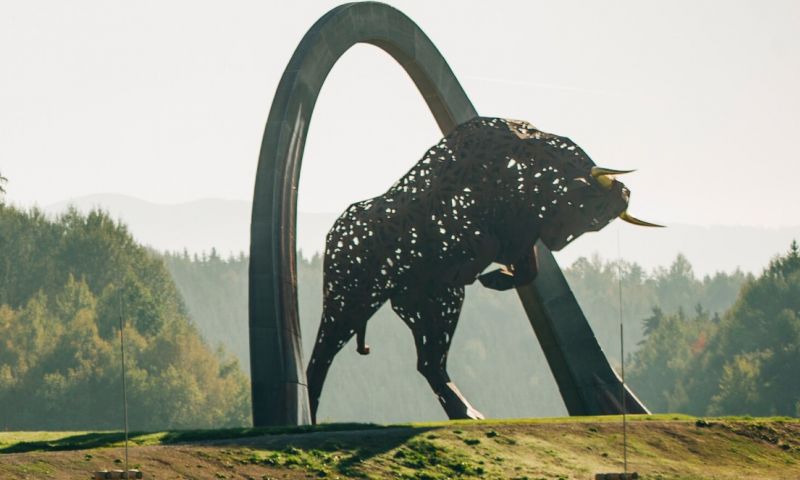Some of the problems that Formula 1 faces at the Austrian Grand Prix
F1 News

- GPblog.com
In order to be able to start the Austrian Grand Prix on the 5th of July, an enormous logistic operation has to be set up by all parties involved. The plans for this are in full swing. Here is a short overview of the safety measures against the Covid-19 virus and where things could possibly go wrong.
In order to minimize the chance and spread of an infection, F1 makes use of the now much-discussed 'bubble'. All teams are completely separated from each other and are therefore housed in a sort of 'bubble' during this entire period.
All personnel start with this isolation long before they arrive at the circuit. They already start with this in their own country, then fly with a plane of the F1 organisation to Austria and continue their quarantine in their hotel at the circuit. They are then tested just before they go to the circuit, so you can almost be sure that these people have not been infected in the past period.
At the moment, the rule in Austria is that everyone entering the country is quarantined for fourteen days, unless you have been tested during the previous four days. This legislation is therefore not a problem for Formula 1. On the circuit, each team acts as a kind of 'household', so contact between them can be considered safe.
Are the plans of Formula 1 waterproof?
Based on these global guidelines, the Austrian Grand Prix will take place in less than two months. And although it meets the requirements of the Austrian government, there are a number of things that still raise questions and can throw a spanner in the works.
Firstly, there is the role of so-called 'third parties' within the F1 paddock. The FIA, Pirelli and engine suppliers all employ people who normally have contact with several or even all teams. In addition to these 'big three', there are many small parties to whom the same applies. Pirelli boss Mario Isola said this week that no definitive solution has been found.
Can contact with locals be excluded?
In addition, there are still concerns among the locals. According to their spokesman Karl Arbesser, it seems impossible for the teams not to come into contact with them around the race weekend. Staff at the airport, the hotels and the circuit will all be local people, who will have to abide by much less strict guidelines. Arbesser says they haven't been informed by F1 about their plans yet.
Fear of second wave by loosening security measures
The fact that the Austrian population (together with most other European countries) will relax all measures in the coming months is a major risk for Formula 1. Should the relaxation result in an increase in the number of infections (or even a second wave), it is doubtful whether the authorities in Austria will give the green light for a Grand Prix.
As in Australia, it could therefore be decided at the last minute that the entire event will not take place. In that case there's no need to find a positive case within the paddock for it all to go wrong. Although, even that scenario cannot be ruled out despite the many measures taken.